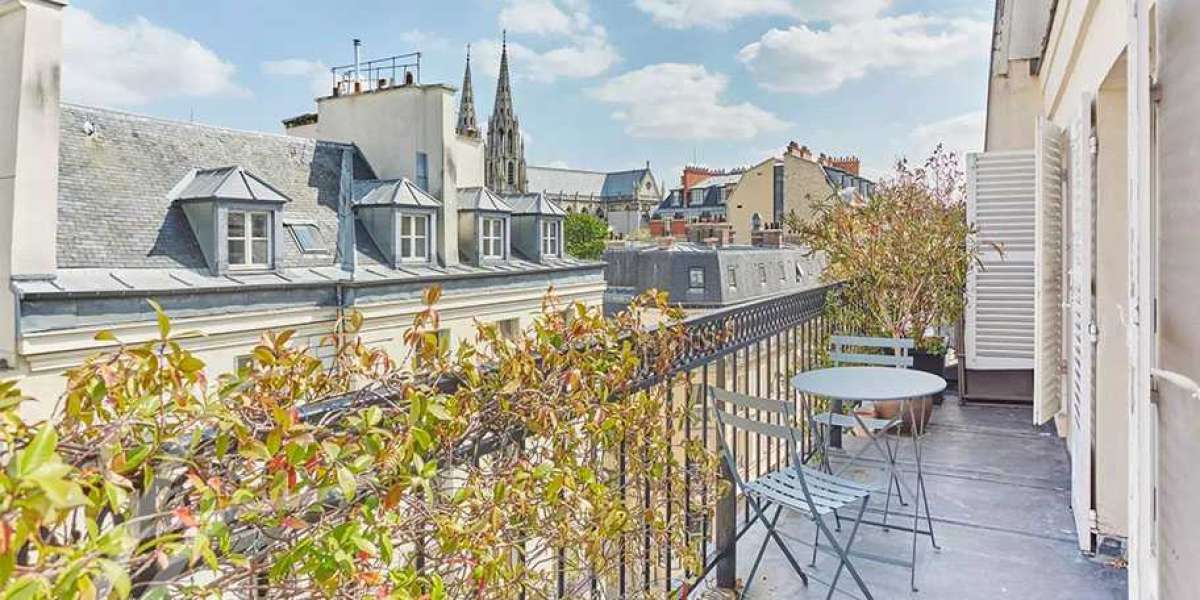Buying property in Paris can be a rewarding investment, but navigating French real estate laws requires careful attention—especially for foreign buyers. France has a well-regulated legal system that protects both parties in a transaction, but it also involves steps and obligations that may be unfamiliar to international investors. Here's a guide to the key legal aspects every buyer should know before purchasing property in Paris.
1. The Role of the Notaire (Notary Public)
In France, the notaire is a public official who handles the legal side of real estate transactions. They are responsible for verifying property ownership, preparing contracts, collecting taxes, and registering the sale. Unlike in some countries, both buyer and seller can use the same notaire, although each party may appoint their own if they prefer.
Key Tip: The notaire ensures legality—not negotiability—so hire a real estate agent or lawyer for help with negotiations.
2. Preliminary Contract (Compromis de Vente)
Once a buyer and seller agree on terms, they sign a preliminary contract called the Compromis de Vente. This agreement includes all the essential details: price, conditions, deadlines, and disclosures. After signing, the buyer usually pays a deposit of 5–10% of the purchase price.
Cooling-Off Period: Buyers have 10 days after signing to withdraw without penalty.
3. Final Sale Contract (Acte de Vente)
After all conditions are met (such as securing financing or verifying legal clearances), the final deed—Acte de Vente—is signed in front of the notaire. At this point, the buyer pays the remaining balance, and the property is officially transferred.
4. Legal Fees and Property Taxes
Buyers in France must pay notary fees and transfer taxes, often totaling around 7–8% of the purchase price for older properties. New builds have different tax structures and may involve VAT.
Ongoing taxes include:
Taxe Foncière (land/property ownership tax)
Taxe d’Habitation (residency tax – now phased out for most primary residences)
5. Financing and Mortgage Laws
Foreigners can obtain mortgages in France, though requirements may differ. French banks typically finance up to 70–80% of the property value. Proof of income, creditworthiness, and life insurance are usually required.
Important: Mortgage offers come with a mandatory 10-day reflection period before you can sign.
6. Foreign Buyer Rights and Restrictions
There are no legal restrictions on foreign ownership of property in France. However, non-EU buyers may face more scrutiny during the financing process. You do not need a visa to buy property, but long-term stays may require one.
Conclusion
Understanding French real estate law is crucial for a smooth property purchase in Paris. From the role of the notaire to taxes and contracts, being well-informed helps avoid delays and surprises. Whether you’re buying a pied-à-terre, investment property, or primary residence, legal clarity ensures your Parisian dream becomes a secure reality.
Important Links
Boulevard Coast Jalan Loyang Besar EC
How to Buy a Condo in Singapore as a Foreigner
Understanding the Loan to Value (LTV) Limit in Singapore Real Estate
Cheapest Freehold Condos in Singapore
What Is Option to Purchase in Singapore
Boulevard Coast Jalan Loyang Besar EC



